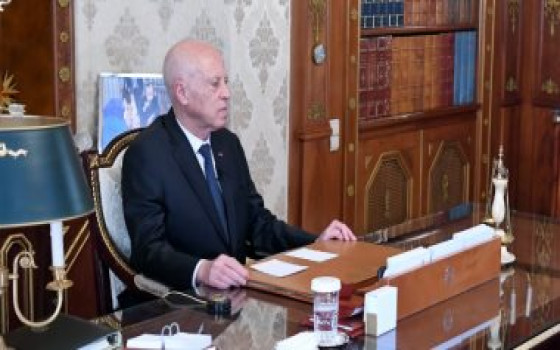
Tunisia: Human Rights in Danger Two Years After President Saied Seized Power

- Europe and Arabs
- Tuesday , 25 July 2023 12:44 PM GMT
Brussels: Europe and the Arabs
In the two years since Tunisian President Kais Saied seized power, the Tunisian authorities' repression has intensified. Dozens of political opponents and critics of the state have been imprisoned, the independence of the judiciary has been compromised, institutional guarantees of human rights have been dismantled, and discrimination against immigrants has been stoked, according to research by Amnesty International. Its results were published in Brussels and we received a copy of it, and it also came
Since seizing power in July 2021, President Saied and his government have significantly undermined respect for human rights in Tunisia. It has taken away the basic freedoms that Tunisians fought so hard for and created a climate of oppression and impunity. "The Tunisian authorities must immediately reverse this treacherous course and live up to their international human rights obligations," said Heba Morayef, Amnesty International's Middle East and North Africa Director.
Silencing political opposition
Since February 2023, authorities have been using false criminal investigations and arrests against political opponents, critics of the state, and alleged enemies of President Saied.
One of the most prominent cases was the opening of a criminal investigation by the authorities against at least 21 people, including members of the political opposition, lawyers and businessmen, on baseless charges of "conspiracy against the state". At least seven people remain arbitrarily detained in relation to their political activism or expression, including opposition members Johar bin Mubarak and Khayam Turki.
Tunisian authorities have primarily targeted members of Ennahda, the country's largest opposition party. They have opened a criminal investigation against at least 21 party members. 12 of them are under arrest. In April 2023, authorities arrested Rached Ghannouchi, leader of the Ennahda party and former speaker of Tunisia's dissolved parliament. He is under investigation on charges including "conspiracy against the state" and "attempting to change the nature of the state." On May 15, 2023, the Anti-Terrorism Court sentenced him to one year in prison for his public statements he made at a funeral last year. Then he praised the deceased, describing him as a "brave man" who did not fear "a ruler or a tyrant."
Freedom of expression is under attack
As of 25 July 2021, Amnesty International has documented 39 cases in which people have been investigated or prosecuted for exercising their right to freedom of expression. The charges against them include “insulting” the authorities or “spreading false news,” which are crimes not recognized under international law.
In September 2022, President Saied issued Legislative Decree No. 54, a tough draft law against cybercrime that gives authorities sweeping powers to suppress freedom of expression online. Since its adoption, the authorities have used this law to conduct investigations against at least nine individuals, including journalists, lawyers, and political activists. The reason was every time people criticized the authorities publicly, including criticizing President Saied and Prime Minister Naglaa Boden.
Discrimination against immigrants and refugees
In February 2023, President Said made xenophobic and racist remarks, sparking a wave of violence against black people, including beatings, summary evictions, and arbitrary arrests of immigrants of African descent.
The police also arrested at least 840 migrants, refugees and asylum seekers. Some of them ended up in arbitrary detention in the Wardia Detention Center, which is used exclusively to hold people for immigration offences.
Violence against black Africans escalated significantly in the two weeks following the president's remarks. Gangs attacked migrants, refugees and asylum seekers in the streets, and police arbitrarily arrested scores of people.
Ethnic tensions came to a head in the southern city of Sfax with the death of a migrant in May and the killing of a Tunisian man in July. After these deaths, the authorities forcibly transferred dozens of migrants and asylum seekers from black Africa to neighboring Libya.
The authorities must take immediate steps to protect the rights of black African migrants, asylum seekers and refugees. Heba Morayef said Tunisia should stop arbitrarily detaining or forcibly deporting foreigners, especially without considering whether they will be prosecuted upon their return.
It is clear that Tunisia does not take this matter seriously in terms of the human rights of migrants and fugitives. However, the European Union signed an agreement with the country last week according to which Tunisia must, in exchange for a large sum of money, stop irregular migration to Europe. The European Union funds expected human rights abuses through these kinds of deals. It also normalizes the violation of migrants' rights. The revolutionary achievements of 2011 are at risk In February 2022, President Saied accused civil society organizations of serving the interests of foreign rulers and announced his plan to ban "foreign funding". Then the authorities leaked a draft of a new restrictive law on association. If passed, this law threatens to undo crucial protections for the right to freedom of association. The draft amends Legislative Decree 2011-80 that regulates civil society associations and gives them the right to exist and work freely. President Saeed undermined the independence of the judiciary by issuing two decrees authorizing himself to interfere in the functions of judges and prosecutors, including arbitrarily dismissing them. On June 1, 2022, Saeed sacked 57 judges on vague and politically motivated charges of terrorism, financial or moral corruption, adultery, and participating in “liquor parties.” The constitution, which was proposed after a rushed drafting process and without meaningful consultations with civil society or other political parties, increases Saied's powers and weakens the independence of the judiciary. These measures threaten to return the country to pre-2011 levels of repression. “The Tunisian authorities must immediately end their assault on human rights, which is undermining the hard-won progress of the 2011 revolution. For starters, anyone arbitrarily detained must be released. They must also refrain from criminal investigations.”and prosecutions against political opponents, human rights activists, and others simply for exercising their rights to freedom of expression and peaceful assembly.”



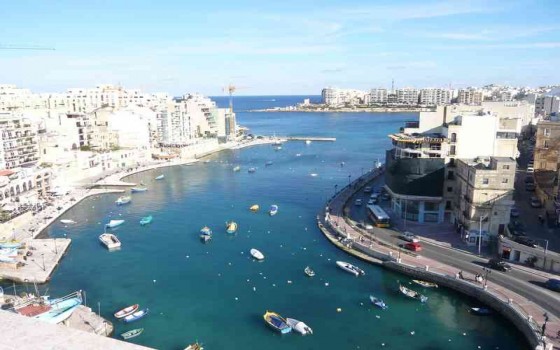



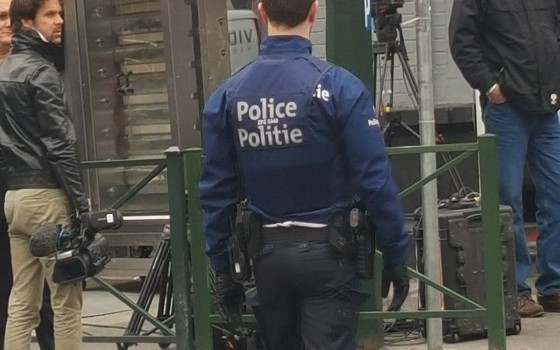
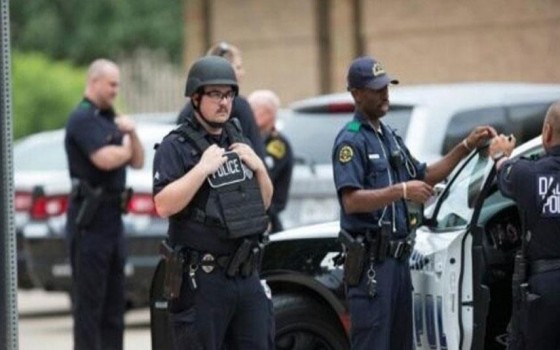
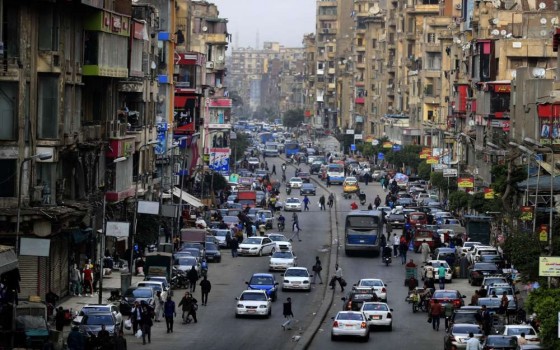
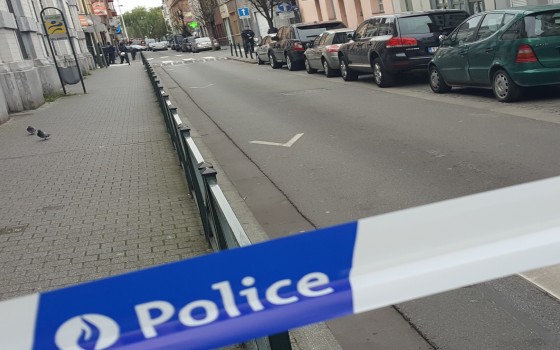

No Comments Found